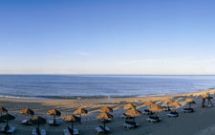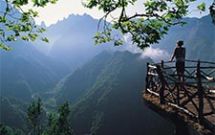The Algarve coast begins in the Natural Park of Costa Vicentina, an extension of the Alentejo coast.
Between Odeceixe and Sagres you hardly seem to be in the Algarve, such are the differences between this area and the eastern and central Algarve. It’s a less explored area, where the towering cliffs hide beaches like Amoreira, Monte Clérigo, Arrifana and Carrapateira. Some are like secrets to be discovered, accessible by hidden paths. But most are well-known by surfers and bodyboarders, who find the waves they like on beaches like Praia do Amado, the setting for international surfing competitions.
In Cabo de São Vicente, near Sagres, the extreme southwest of Europe, the Algarve curves around and the sea becomes less agitated. This western half of the Algarve is known as the windward. Here, beaches to dream of are framed by golden cliffs that the sea has carved into some unusual shapes. Since it’s impossible to say which is the most beautiful beach, we suggest some to explore: Porto de Mós, Praia Dona Ana, Praia do Camilo, Alvor, Vau and Carvoeiro.
The Algarve coast begins in the Natural Park of Costa Vicentina, an extension of the Alentejo coast.
Between Odeceixe and Sagres you hardly seem to be in the Algarve, such are the differences between this area and the eastern and central Algarve. It’s a less explored area, where the towering cliffs hide beaches like Amoreira, Monte Clérigo, Arrifana and Carrapateira. Some are like secrets to be discovered, accessible by hidden paths. But most are well-known by surfers and bodyboarders, who find the waves they like on beaches like Praia do Amado, the setting for international surfing competitions.
In Cabo de São Vicente, near Sagres, the extreme southwest of Europe, the Algarve curves around and the sea becomes less agitated. This western half of the Algarve is known as the windward. Here, beaches to dream of are framed by golden cliffs that the sea has carved into some unusual shapes. Since it’s impossible to say which is the most beautiful beach, we suggest some to explore: Porto de Mós, Praia Dona Ana, Praia do Camilo, Alvor, Vau and Carvoeiro.
Don’t miss one of the most spectacular views of the rock formations at Ponta da Piedade, near Lagos, which you can enjoy in detail on a boat ride that tours in and out of the caves and grottos. Or Praia da Marinha, which is surrounded by cliffs carved out by erosion, and is considered one of the one hundred most beautiful places in the world.
The beaches between Lagos and Faro are more cosmopolitan, with activities extending into the night. The hottest nightlife is at Praia da Rocha in Portimão, Galé and Oura beaches in Albufeira and in Vilamoura. And for those who enjoy a more active holiday, there’s no shortage of leisure activities during the day at Salgados, São Rafael, Santa Eulália, Maria Luísa and Falésia beaches.
Vale do Lobo, Ancão and Quinta do Lago, very close to some exclusive resorts, have a more glamorous appeal. They are also close to the Parque Natural da Ria Formosa natural park – an environmental treasure made of tranquil waters, wide beaches and almost deserted islets, which extends eastwards to Cacela Velha.
You take a boat at Ria Formosa to get to the beach, since you must cross the water to reach the sea that bathes the barrier islands such as Barreta, the southernmost point of Portuguese territory, a truly deserted beach. But there are other islands to discover too - Culatra, Armona, Fuseta and Tavira Island, which has an area reserved for naturism.
The beaches continue to the mouth of the River Guadiana. Cabanas, Manta Rota, Altura, Verde and Monte Gordo have huge swathes of sand extending into the sea with large areas of shallow water, ideal for families with children. This eastern part is the leeward side of the Algarve, where the warmer, calmer waters invite you for lengthy baths.
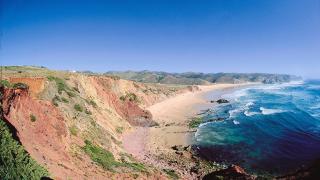


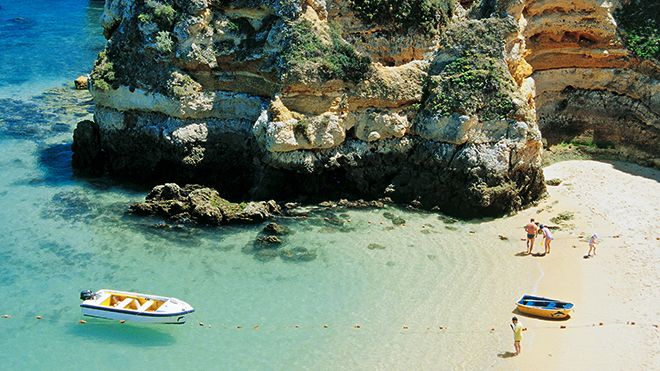




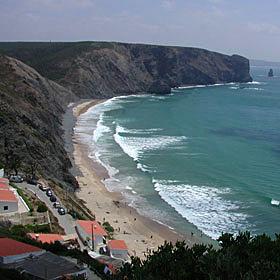
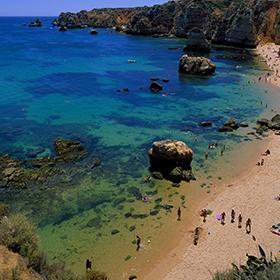
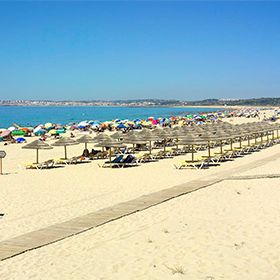
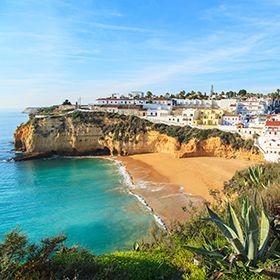
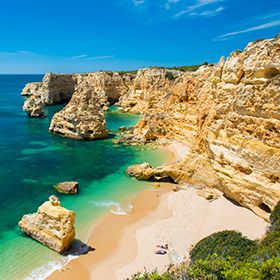
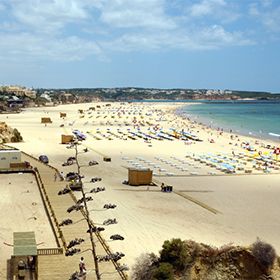
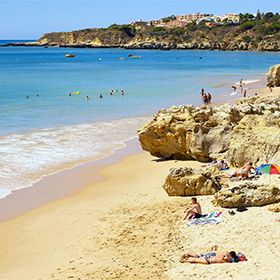
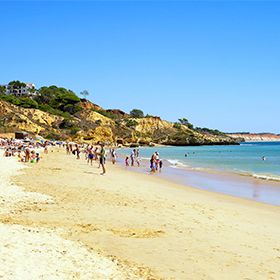
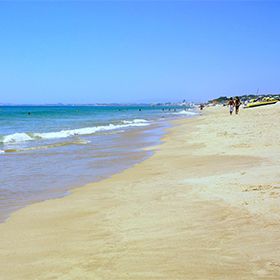
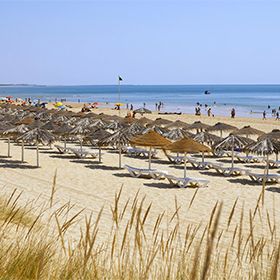

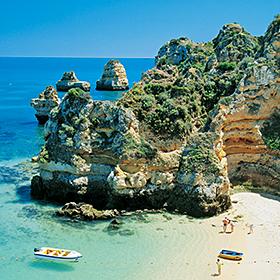
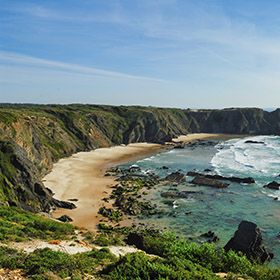
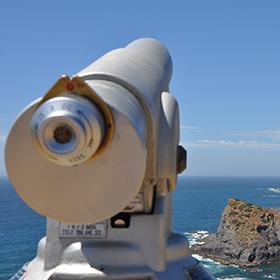
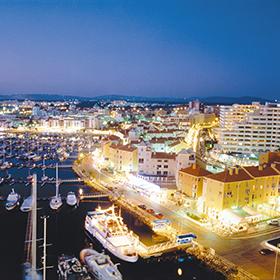
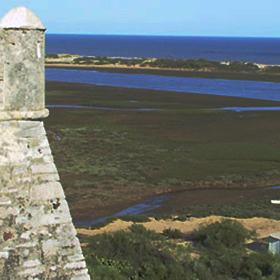
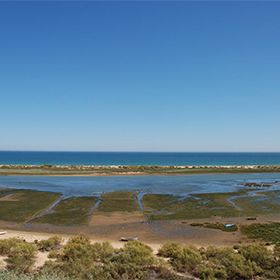


 Explore
Explore 
 Remember and Share
Remember and Share 

